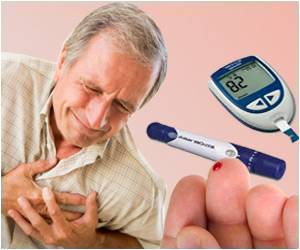New research findings on avocado consumption was presented as two posters at the IUNS 20th International Congress of Nutrition, in Granada, Spain.

Findings were based on a Hass Avocado Board (HAB) supported clinical study conducted by researchers at Loma Linda University that investigated the effects of incorporating fresh Hass Avocado into a lunch meal—either by replacing other foods or by simply adding it to the meal—on satiety, blood sugar and insulin response, and subsequent food intake. The posters "Effect of Hass Avocado Intake on Post-Ingestive Satiety and Subsequent Energy Intake in Healthy Overweight Adults" and "Effect of Hass Avocado Intake on Post-Ingestive Glucose and Insulin Levels in Healthy Overweight Adults," were presented by Michelle Wien, DrPH, RD, and Ella Haddad, MD, respectively.
"While more studies are needed, this research provides promising clues and a basis for future research to determine avocados' effect on satiety, glucose and blood insulin response," said Nikki Ford, Nutrition Director, HAB. "This research will contribute to a deeper knowledge on Hass avocados' potential positive role in weight management and diabetes."
"The Hass Avocado Board made an investment in 2010 to increase awareness and improve understanding of the unique positive benefits of fresh avocados to nutrition and human health," said Emiliano Escobedo, Executive Director, HAB. "Currently, HAB is supporting seven clinical trials to investigate the relationship between avocado consumption and risk factors for cardiovascular disease, avocados' potential positive role in weight management and diabetes, and avocados' ability to enhance nutrient absorption."
Source-Eurekalert















